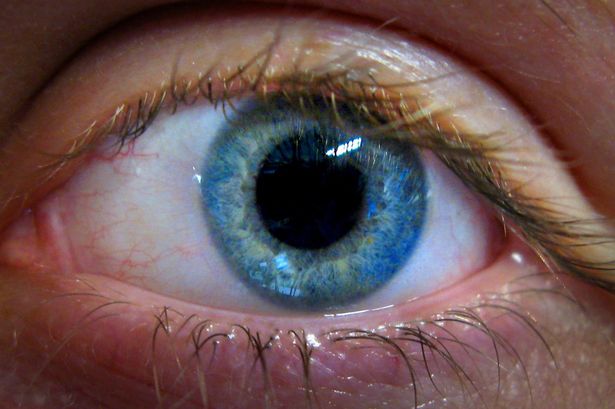Photo: iStock
Eye twitching. We’ve all experienced this weird, tingly, involuntary sensation and probably written it off as a by-product of exhaustion.
While most of the time it’s the side effect of something completely benign (brushing your mascara wand against the nerves at the base of your lashes/ keeping calm in a meeting with THAT painful co-worker), this tic might point to a greater health issue that might require proper medical attention. (Or not.)
According to Dr Tony Bartone, practicing GP and the Vice President of the Australian Medical Association, “eye twitching can be caused by many different things. Usually it’s a mix of rest and sleep disturbance and tiredness. Caffeine can affect it as well and lack of sleep definitely plays a part.
“Long periods on the computer can also cause eye twitching. But usually eye twitching is self-limiting, meaning that there is about 15-20 minutes of symptoms with no more than a day or two [of this issue presenting] altogether.”
What if it persists, though?
“Then you need to see your family doctor,” says Dr Bartone.
“It might be something more important than a lack of sleep or caffeine. If it’s a continuous issue, if you go to sleep and wake up and it’s still there, if it’s involving other parts of the face or head, or if the eyelids are staying shut for more than just a blink, it’s essential to get it checked out.”
A host of conditions – including scratched corneas and stress – can cause the eye to twitch. But what should we look out (no pun intended) for?
“Differentiation between twitching due to benign things is usually to do if there is a slow recovery, if it is increasingly staying down or if there is anything else untoward. These would include other symptoms that are peculiar and you just always have to be aware of what is going on in your body.
“The main thing is to be kind to your eyes like you would the rest of the body, you need rest, possibly lubrication drops and rest from the computer at first. Get a good night’s sleep, avoid caffeine and make sure you’re getting proper nutrition. Just see how things go but don’t avoid the doctors or dismiss it as something harmless if it’s continuous,” Dr Bartone continues.
If it’s as simple as burning the candle at both ends (and the middle) re-asses your habits and lifestyle, and take it from there.
“However, if there is any discharge from the eye it’s never a good sign, so look out for that, pain and monitor persistent redness as well.
“There are a whole heap of neurological conditions that can cause twitching and while they are probably unlikely you need to look out for associated symptoms or droopy eyelids. It all comes down to the nature of the twitch and the symptoms at the time,” says Dr Bartone, who advises sensitivity to light can cause twitching, but something like trauma or recent eye damage, for example, could be the underlying problem.
“A GP is a good port of call for eye problems, so is an ophthalmologist, but a GP can check out other appropriate issues and quickly work out if it is or isn’t requiring a referral to a specialist and the likelihood that further treatment is needed,” says Dr Bartone.


